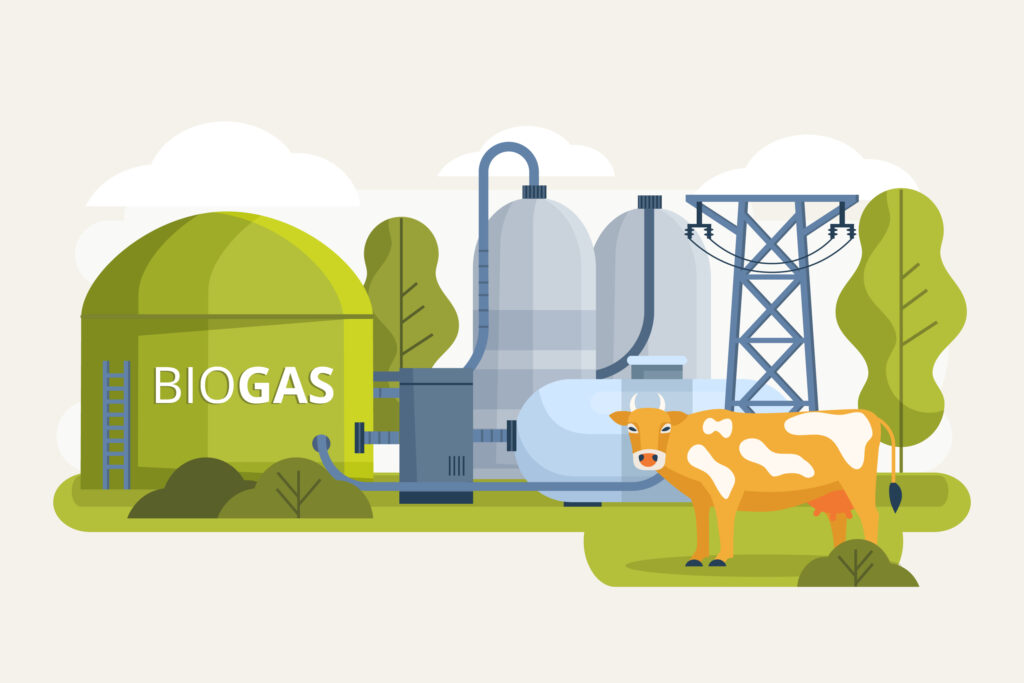The Spanish livestock sector has joined together to ask for a two-year extension of the useful life of manure treatment plants, since if this is not achieved, more than 22 facilities could close at a time when the solution, as revealed by the sector, is collaboration with biomethane plants.

This is highlighted by EfeAgro and Mercat Carni Ramader and Avícola de Barcelona on their websites. In the press release, the Association for the Environmental Impact of Slurry (ADAP) and the Spanish pig sector, represented by the Young Farmers’ Association (ASAJA), the Coordinator of Farmers and Ranchers’ Organizations (COAG), the Union of Small Farmers (UPA), the National Association of Pig Producers (ANPROGAPOR), the Interprofessional Association of White-Coated Pigs (INTERPORC) and Agro-Food Cooperatives of Spain, together with the Alcarrás City Council, have sent a joint letter to the Ministries of Agriculture and Ecological Transition, to request a two-year extension of the slurry cogeneration plants once their useful life of 25 years has expired.
If the extension is not achieved, currently in parliamentary process, the cogeneration plants Gestora de Purins d’Alcarràs GPA SAT 1395 CAT and les Masies de Voltregá, in the process of conversion towards more efficient models that support the production of renewable gases, biogas, biomethane and green hydrogen, will be the first plants to close, on December 31.
According to the statement, both plants currently treat around 200,000 tons of slurry per year, in one of the regions with the highest livestock density in Europe. In the coming years, more than 22 plants will be destined for closure, depriving the sector of an essential tool to advance in sustainability.
You can consult the ADAP reports at this link.
Other information of interest:
- El sector de biogás apuesta por ubicar sus plantas en centros de transformaciones de purines
- Alerta por la subida de precios de gas y cómo afecta al tratamiento de purines
- Premian una investigación que apuesta por el aprovechamiento del amoniaco de las aguas residuales y los purines ganaderos
















